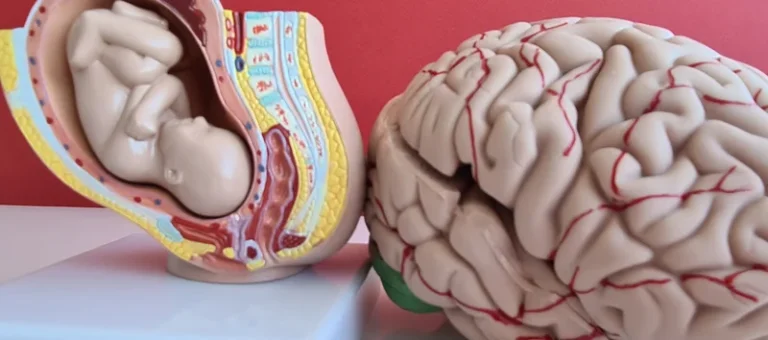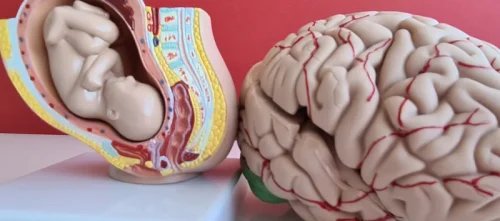
In some cases, a healthcare professional will recommend an alcohol challenge test. This involves the supervised consumption of a controlled amount of alcohol to observe the https://ecosoberhouse.com/article/addiction-to-amphetamine-symptoms-treatment-and-recovery/ individual’s reaction. During the test, vital signs, symptoms, and any physical changes are closely monitored. Although not a true allergy, in some cases, what seems to be alcohol intolerance might be your reaction to something in an alcoholic beverage — such as chemicals, grains or preservatives. Oligosaccharides began to receive more attention as a result of the growing interest in bringing new sources of protein into the food system, including soybeans, which contain these sugars.
Difference between alcohol intolerance and alcohol allergies

Most cases of suddenly developed alcohol intolerance occur due to starting a new medicine that causes it. Genetic alcohol intolerance will not begin suddenly and will always be present from birth. The antibiotic metronidazole (Flagyl) can cause alcohol intolerance while being used. Another medicine called disulfiram (Antabuse) is actually designed to cause alcohol intolerance to help people stop drinking. ADH enzyme variants are genetic changes that alter aldehyde dehydrogenase.

What to expect from your doctor
Alcohol allergy is an immune system response — your immune system overreacts to an ingredient in alcohol. You may be allergic to one of the substances in alcohol (a chemical, grain or preservative, such as sulfite). Additionally, maintaining a healthy diet and staying hydrated can support overall well-being and reduce the impact of accidental alcohol exposure. For those who frequently attend events where alcohol is present, having a plan in place to manage social situations without consuming alcohol is essential. These reactions begin with a reddening or pinkness of the face (known as alcohol flush) and a sensation of warmth, indicating the body’s struggle to break down alcohol effectively. This is caused by inherited (genetic) traits most often found in Asians.
- Alcohol intolerance is an immediate and unpleasant reaction to consuming alcohol.
- If you’re allergic to another ingredient contained in certain alcoholic products, switching to a different drink might be an option.
- There are several ways for a doctor to diagnose an alcohol allergy or intolerance, including the approaches below.
- It is difficult to establish a full picture of the prevalence of alcohol intolerance, though.
Symptoms and Causes

Over time, a person’s tolerance may also change due to changes in metabolism, body mass, and bodily functions as they age. Alcohol intolerances are usually genetic but may also occur without a known cause. This article looks at the links between alcohol and sickness and provides an overview of alcohol intolerance, including the signs, when to consult a doctor, and causes. Finally, it examines how alcohol tolerance changes over time and offers support and guidance on alcohol use. The cause of alcohol-related sickness may develop for various medical reasons, such as an intolerance to alcohol or another ingredient present in the beverage. It won’t go away, but by taking some precautions, you can avoid the symptoms and enjoy a healthy, active life.
Rarely, severe pain after drinking alcohol is a sign of a more serious disorder, such as Hodgkin lymphoma. In rare instances, an unpleasant reaction to alcohol can be a sign of a serious underlying health problem that requires diagnosis and treatment. “Alcohol sensitivity” is a term that some people use synonymously with alcohol intolerance. A histamine is a chemical that the body releases in response to allergy, inflammation, or injury. If you have histamine intolerance, you lack a digestive enzyme called diamine oxidase, which helps your body break down what causes alcohol intolerance excess histamine. This involves limiting consumption to two drinks or fewer per day for males or one drink or fewer per day for females.

Alcohol Intolerance: Symptoms, Causes and Testing
Some people describe feeling sick after consuming only a small amount of alcohol, while others report experiencing hangover-like symptoms that seem disproportionate to their alcohol intake. While research on alcohol intolerance post-COVID-19 is limited, numerous anecdotal reports suggest that alcohol intolerance could be a symptom of long COVID for some individuals. Excessive drinking has numerous impacts on your body and mind, ranging from mild to severe. Learn which signs to look out for, and how to care for your well-being. Read beverage labels to see whether they contain ingredients or additives you know cause a reaction, such as sulfites or certain grains.
Alcohol Intolerance: Definition, Causes, Symptoms, Test, and Remedy
Alcohol intolerance can be extremely frustrating to people who like to drink alcohol but can also affect those who do not. This condition causes a reaction to alcohol, like a hangover but occurs almost immediately when using alcohol. Many people with an alcohol intolerance find themselves unable to drink any alcohol without experiencing the effects this condition causes.
